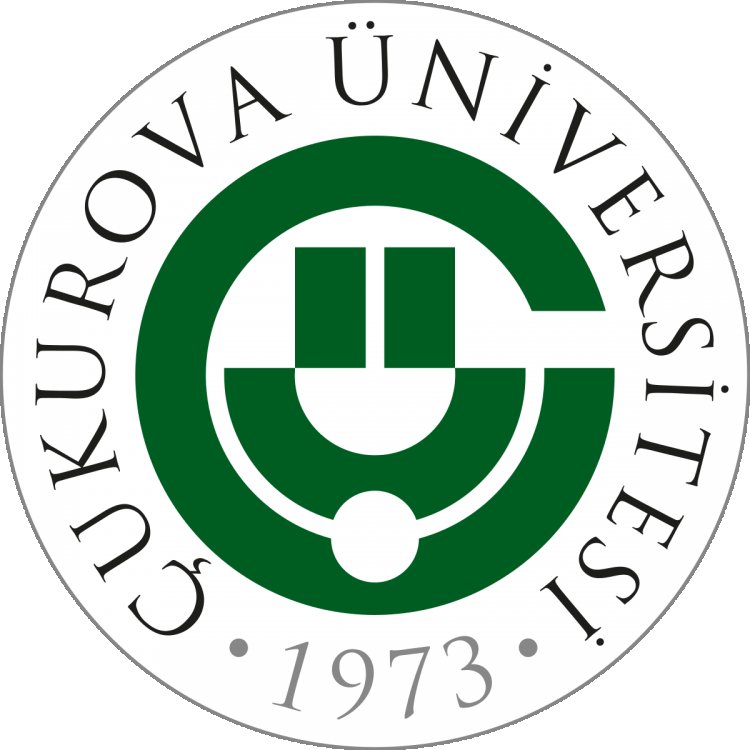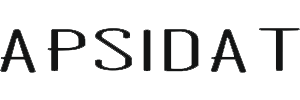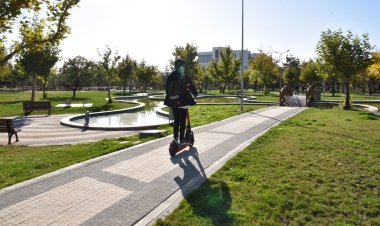Strength - based interventions on efl teacher’s well-being : a case study
Strength - based interventions on efl teacher’s well-being : a case study Zerenay, Ceyda This thesis explores how utilizing an individual's signature strengths are related to their well-being and how teachers can benefit for their teaching skills and professional satisfaction. More specifically, this study examines the mediating role of signature strengths and strength-based interventions on the well-being of an English as a Foreign Language (EFL) teacher within a higher education context in Türkiye.

Strength - based interventions on efl teacher’s well-being : a case study Zerenay, Ceyda This thesis explores how utilizing an individual's signature strengths are related to their well-being and how teachers can benefit for their teaching skills and professional satisfaction. More specifically, this study examines the mediating role of signature strengths and strength-based interventions on the well-being of an English as a Foreign Language (EFL) teacher within a higher education context in Türkiye. This argument is grounded in the principles of positive psychology (Seligman & Csíkszentmihályi, 2000), a paradigm that emphasizes the positive dimensions of life and its educational implications. The idea for this research arose from the need for new knowledge and ways to apply positive education and character strength teaching in Türkiye. One of the statements in the Turkish National Education General Competencies for Teaching Profession (2017, p. 23) is that teachers carry out their profession happily and willingly and they take care of their personal well-being and health. However, among the challenges in any educational system is ensuring that teachers, similar to their students, are prepared to realize their full potential. To accomplish this, it is essential to cultivate a setting that empowers educators to identify and foster their own strengths and well-being, like the support they provide to their students. Prioritizing teachers' well-being enhances their professional satisfaction and effectiveness, hence creating a positive ripple effect across the educational community. This holistic approach emphasizes the necessity for professional development programs that concentrate on both pedagogical competencies and personal growth, so empowering teachers to perform their roles with enthusiasm and fulfillment. The research adopts mainly qualitative measures to investigate the impact of a 13-week Strength-based Intervention Program (SIP) on the professional well-being of a language teacher. It employs an exploratory case study design, guided by the principles of Design-Based Research (DBR) and Complex Dynamic Systems Theory (CDST), to provide an in-depth understanding of how the interventions influence teacher well-being in a complex educational environment. Qualitative data were collected through weekly journals, narrations, and semi-structured interviews along with pre and post intervention assessments. Quantitative measures were utilized in order to select the participant as well as to identify the unique strengths of the participant. The Strength-based Intervention Program (SIP), rooted in positive psychology, focuses on our case's top three VIA-identified signature strengths as honesty, spirituality, and hope. Findings demonstrate that incorporating signature strengths into pedagogical practices contributed to the teacher's professional well-being, nurturing a positive and reflective educational atmosphere. The teacher indicated enhanced engagement, satisfaction, and resilience in her professional role, in addition to enhanced classroom dynamics and student relationships. The study illustrates how strength-based interventions, customized to teachers' unique strengths profile, can effectively enhance their well-being and professional flourishing in the field of language education.

 Bilgi
Bilgi 















